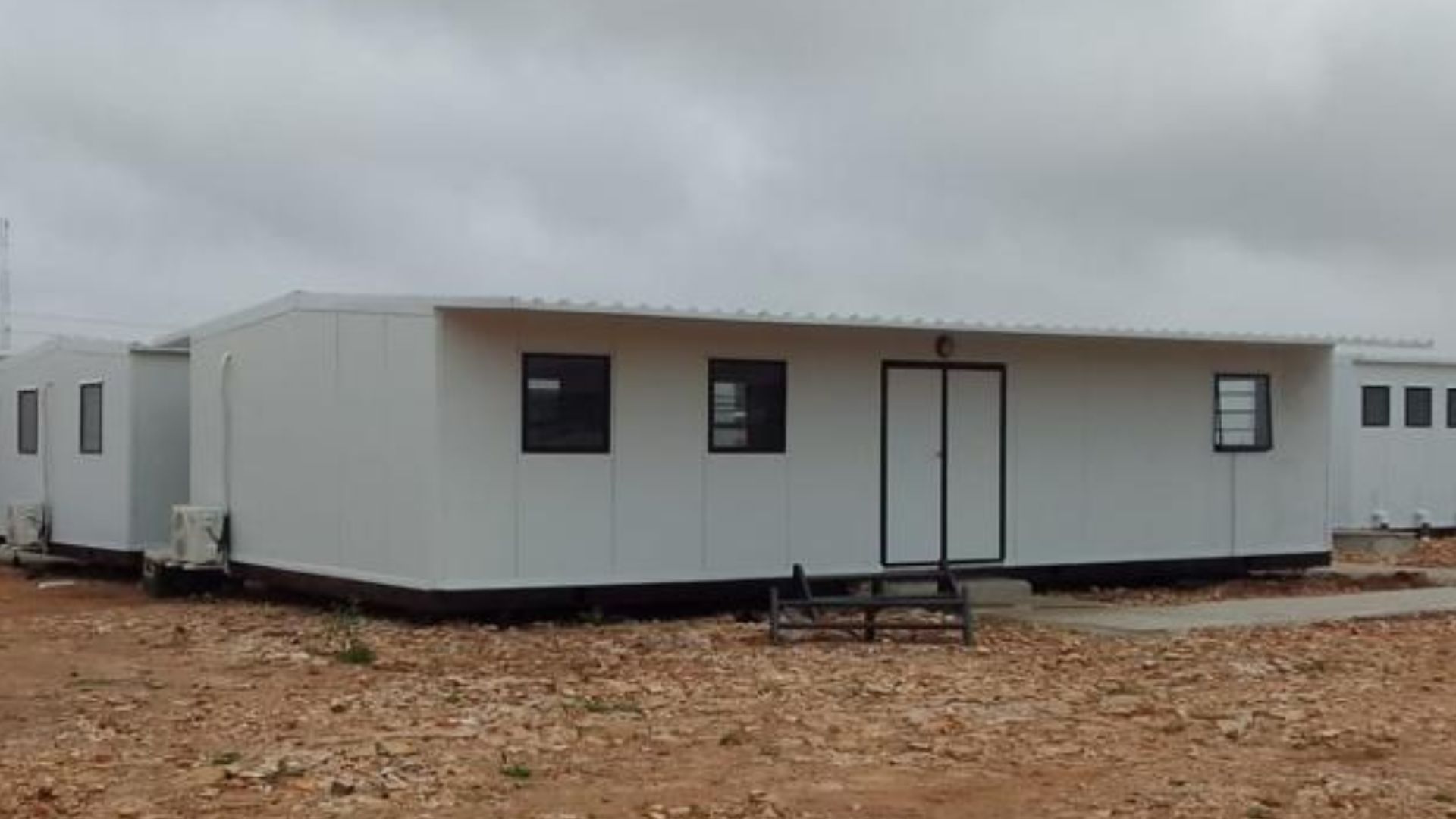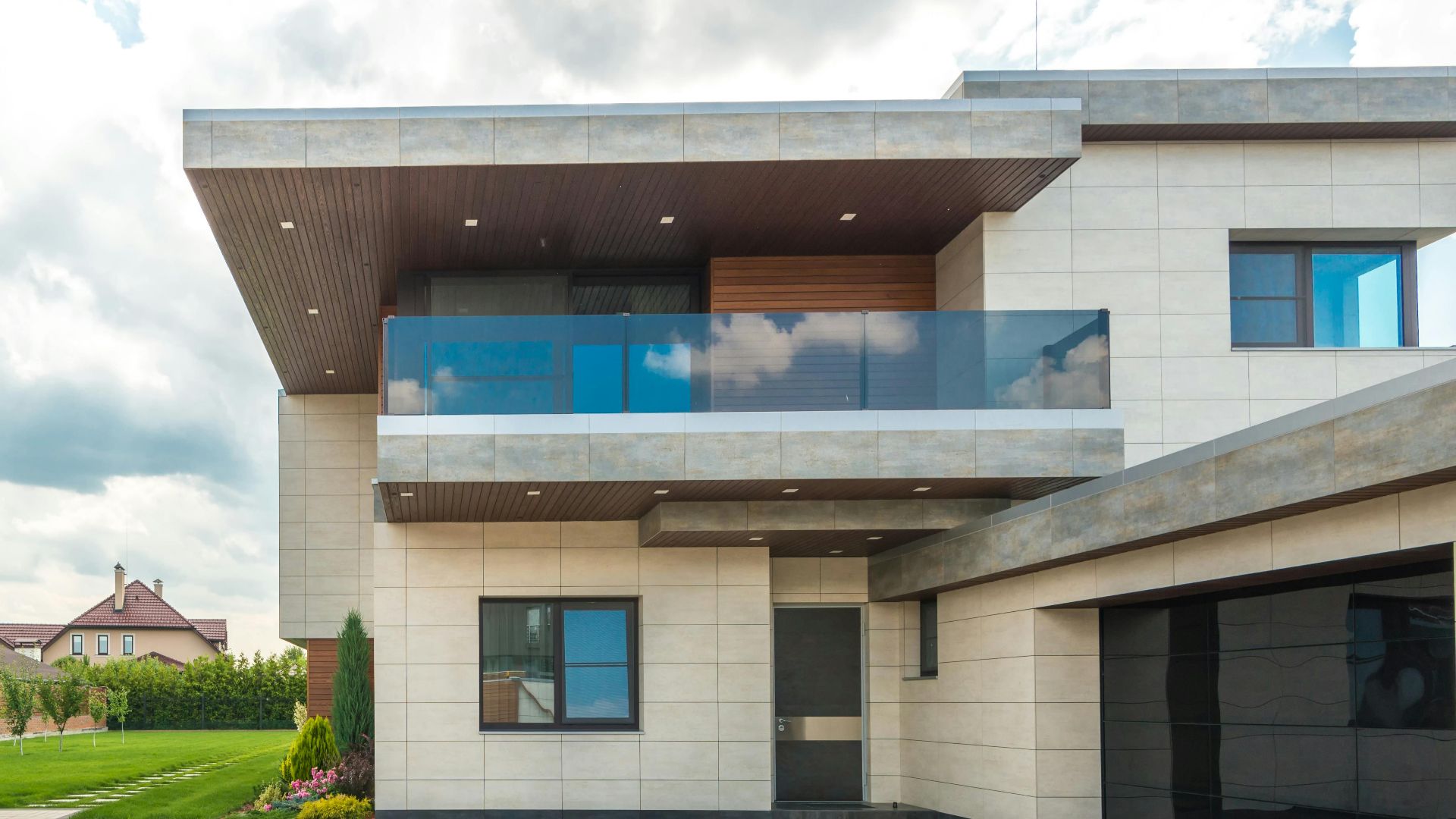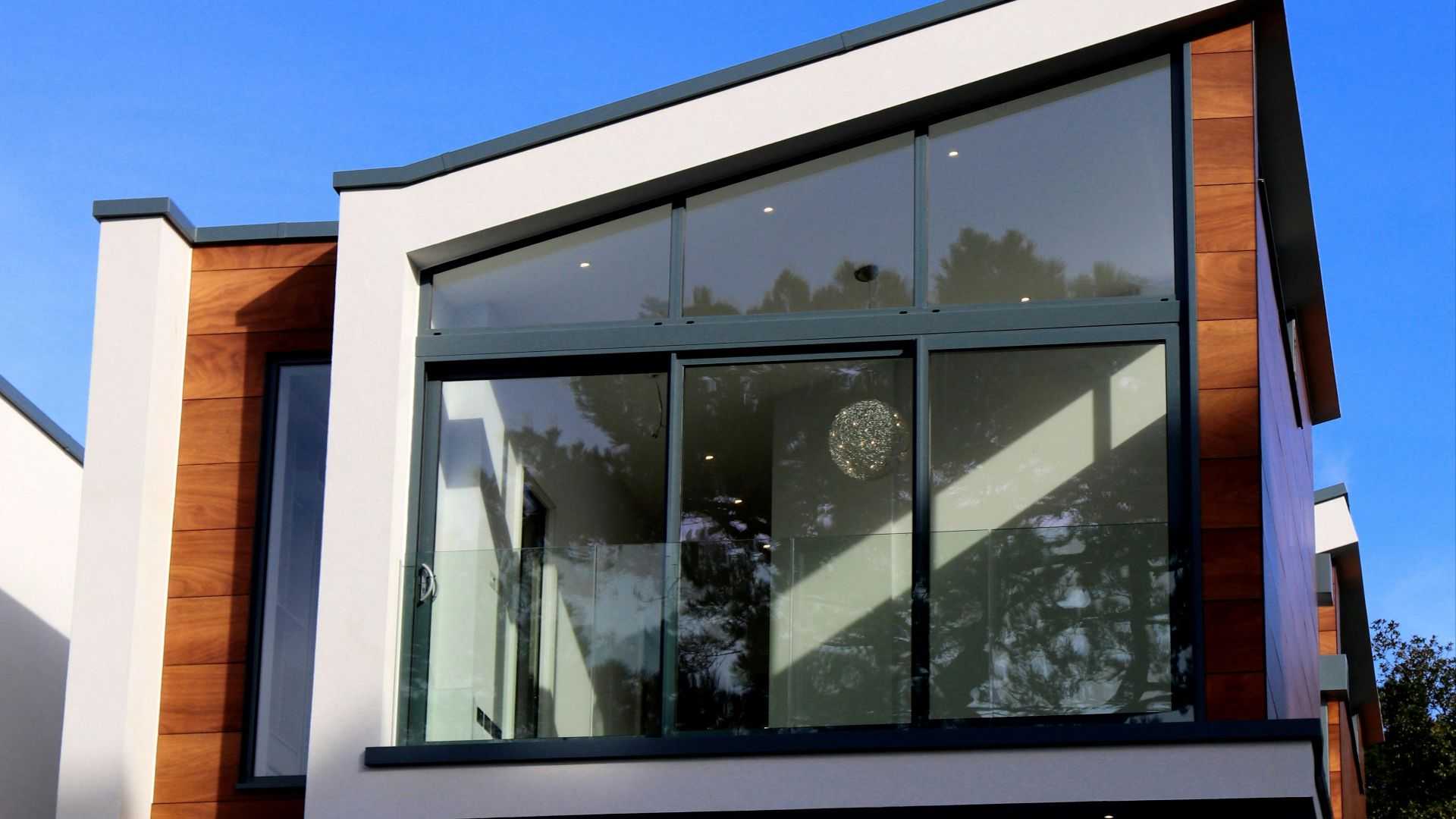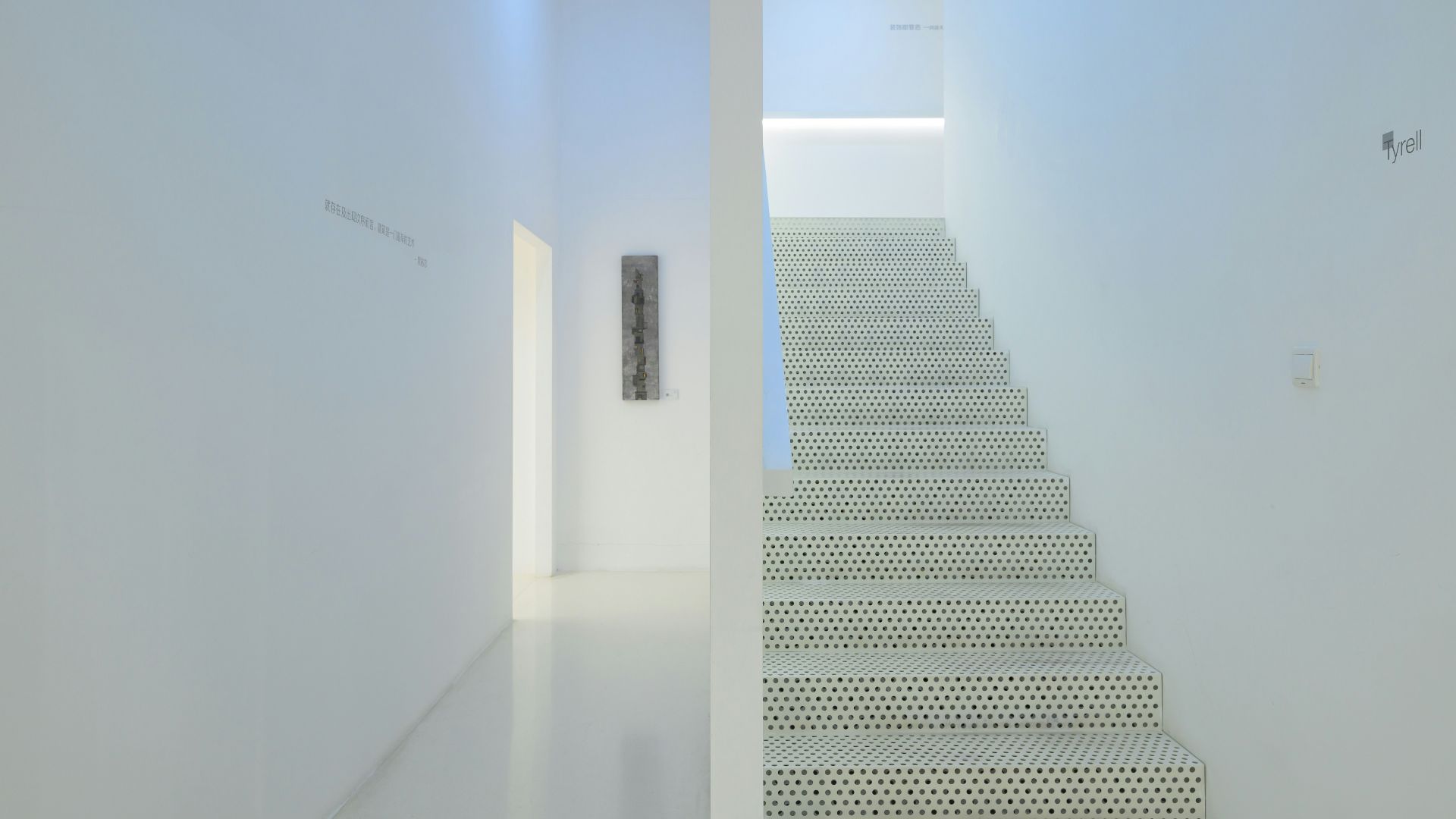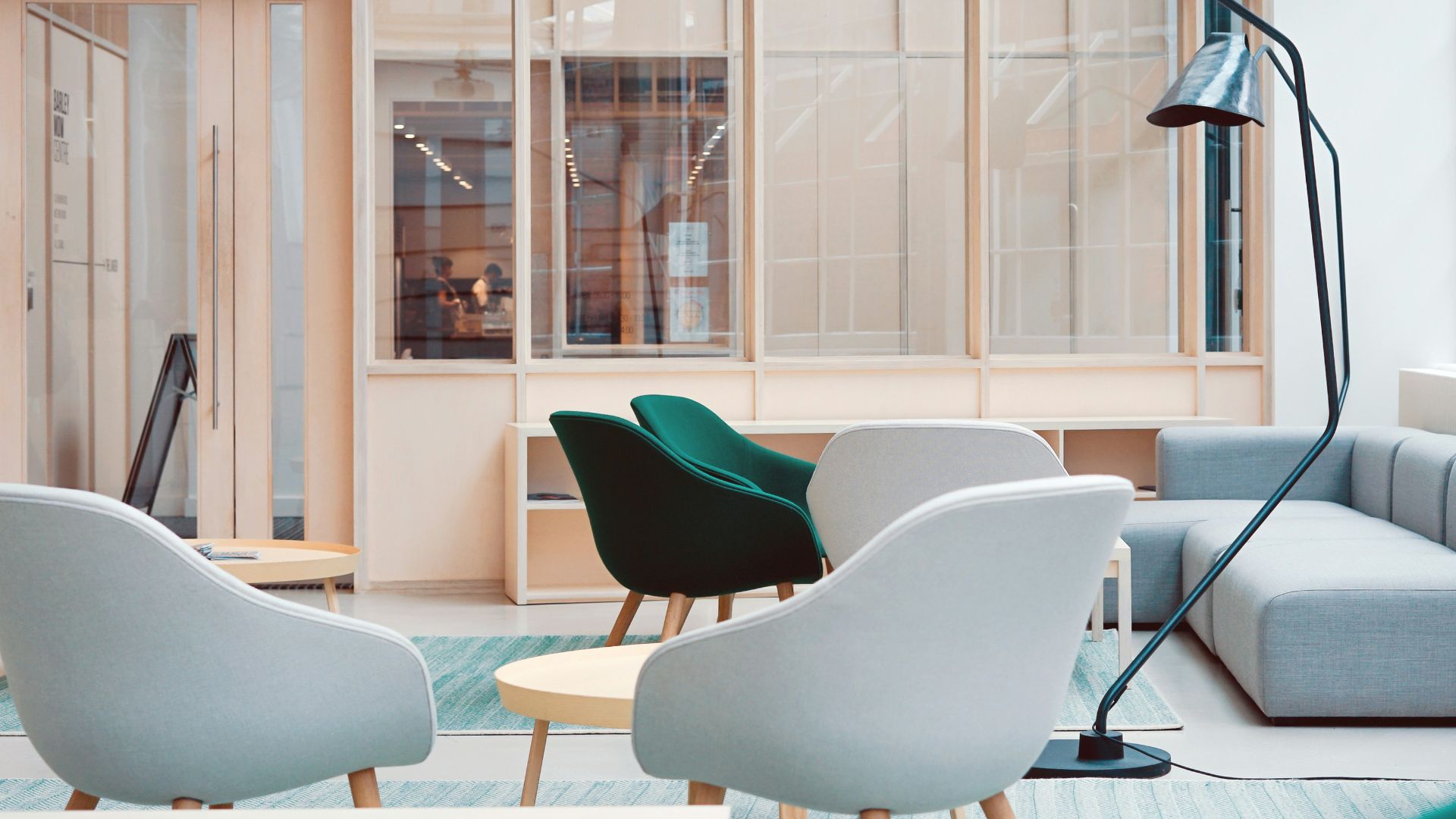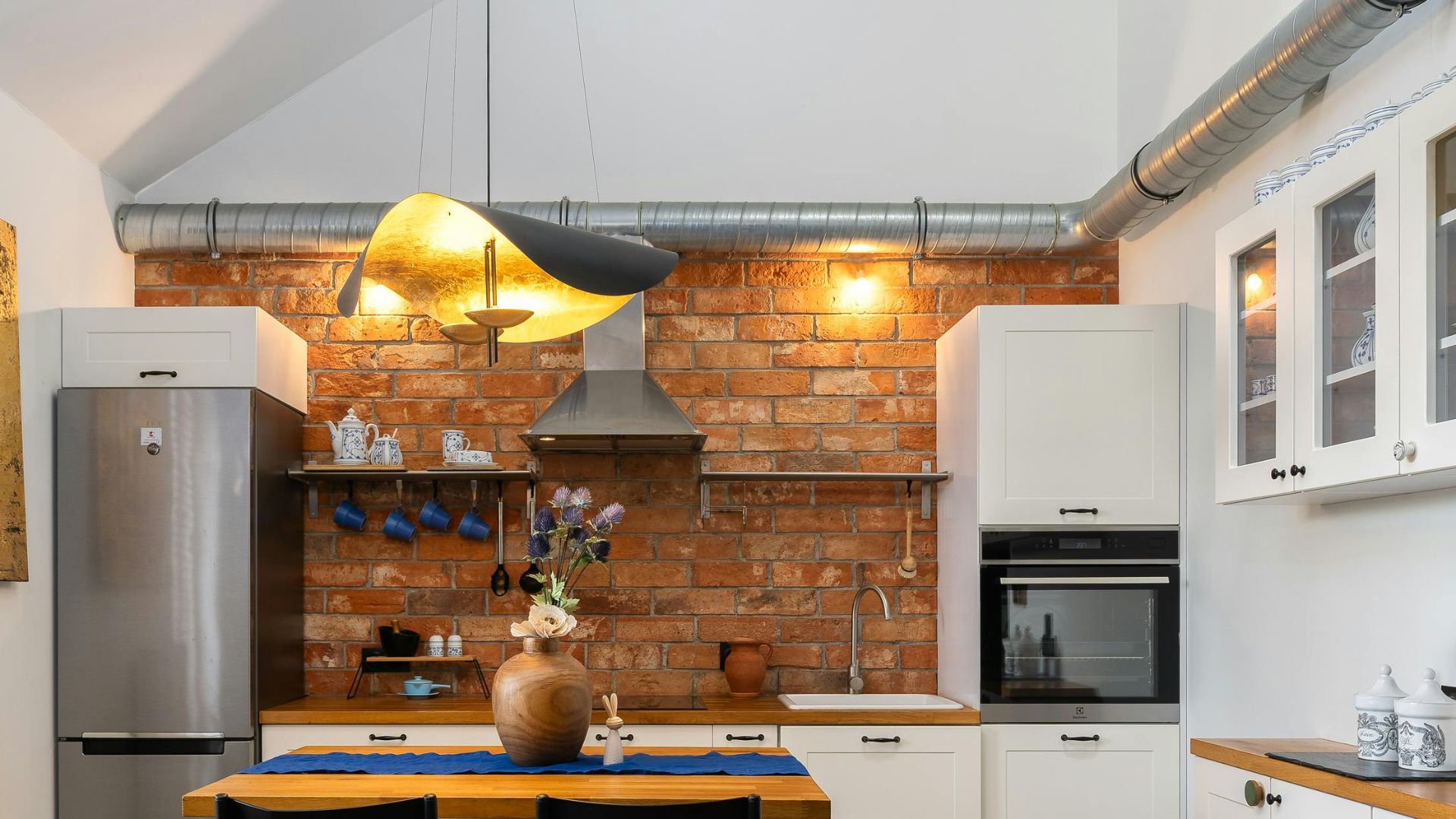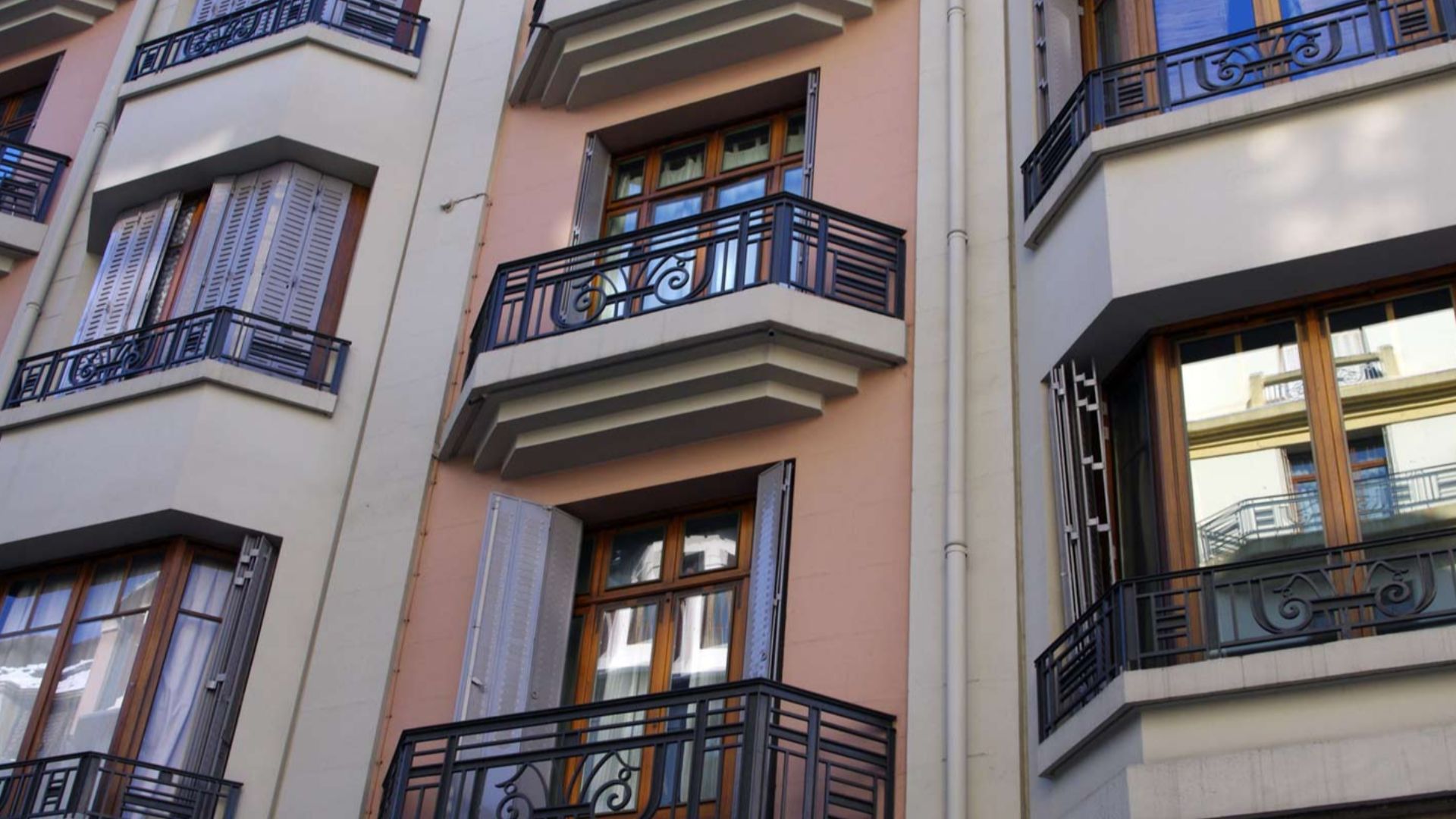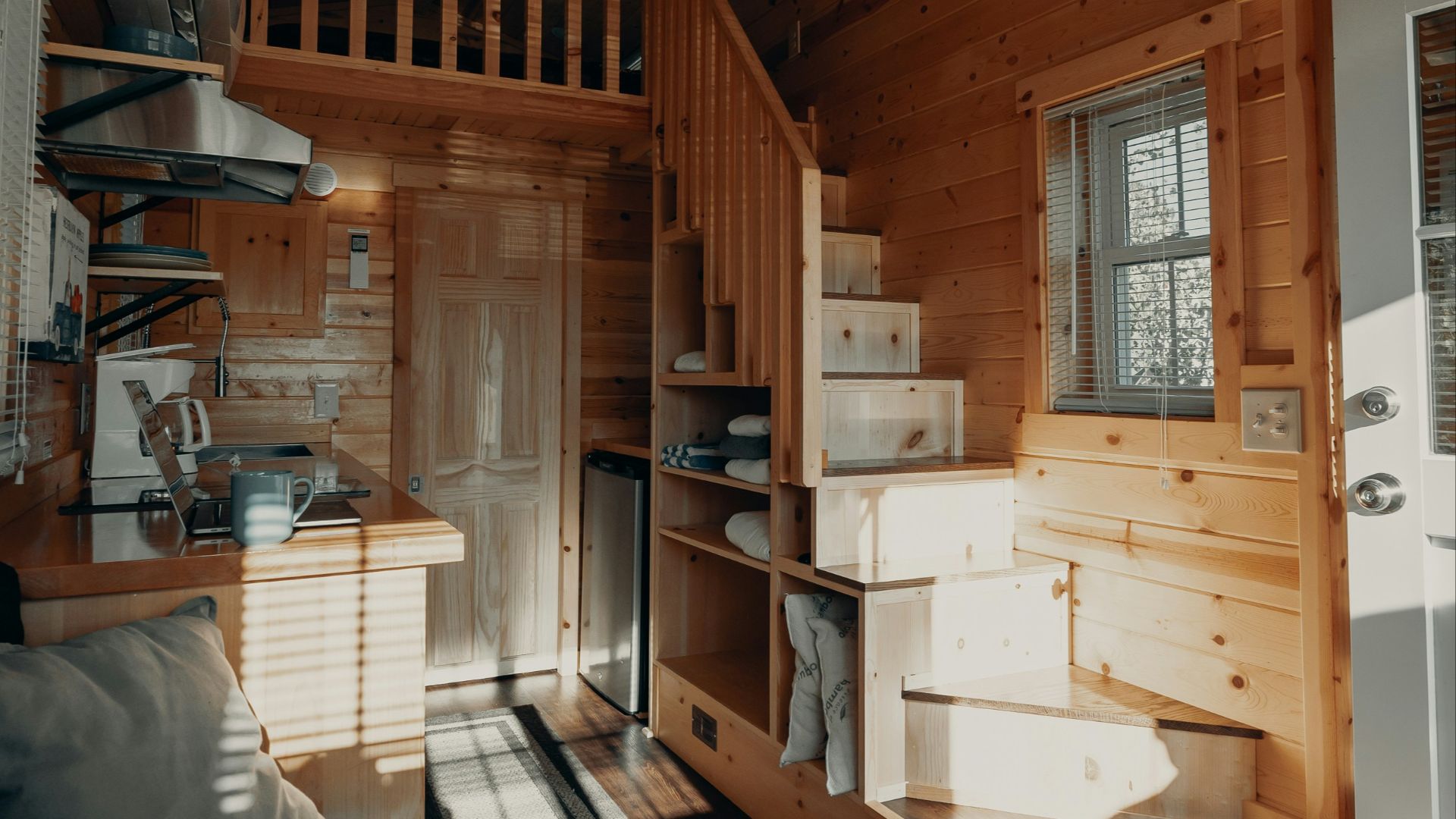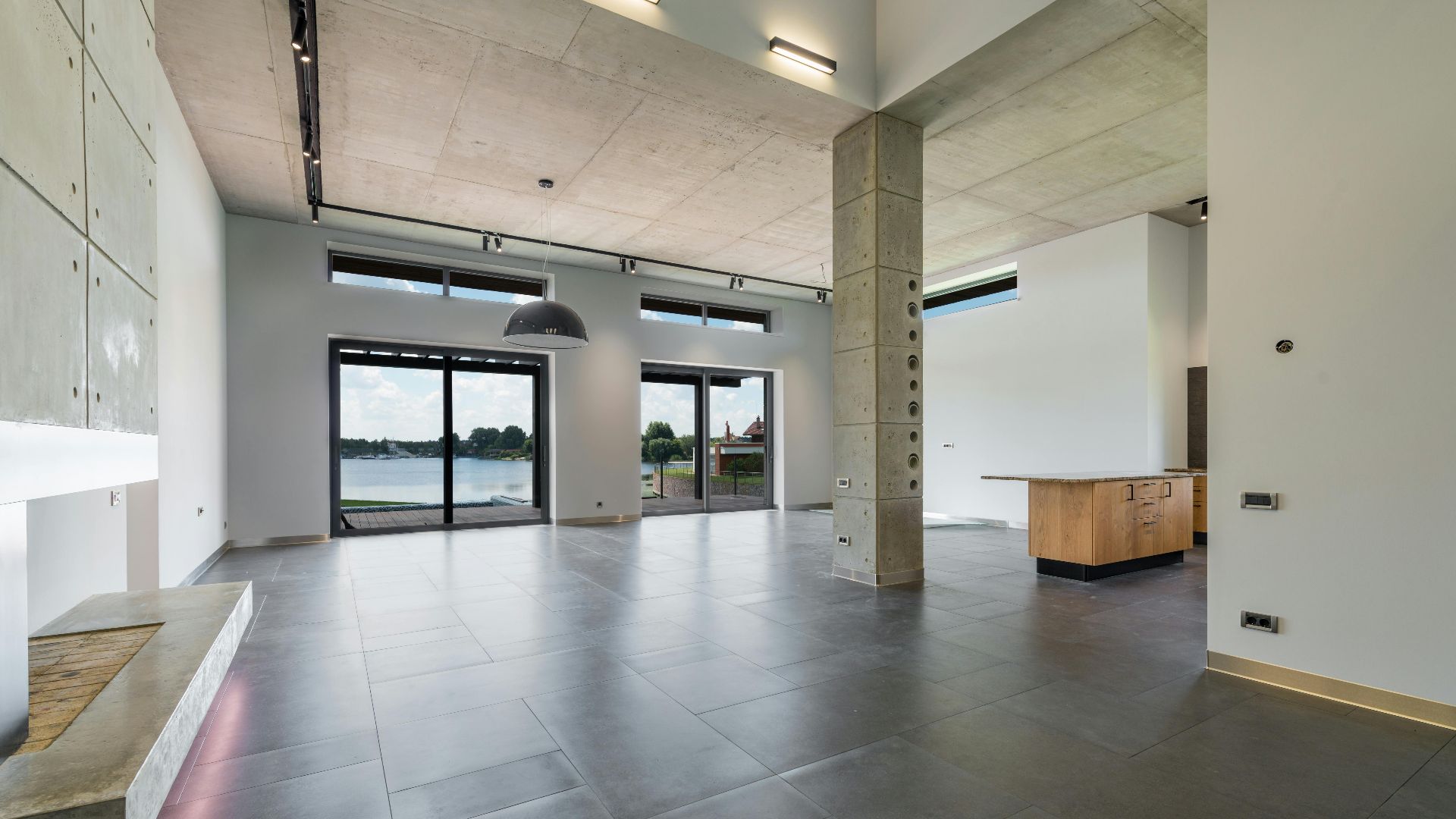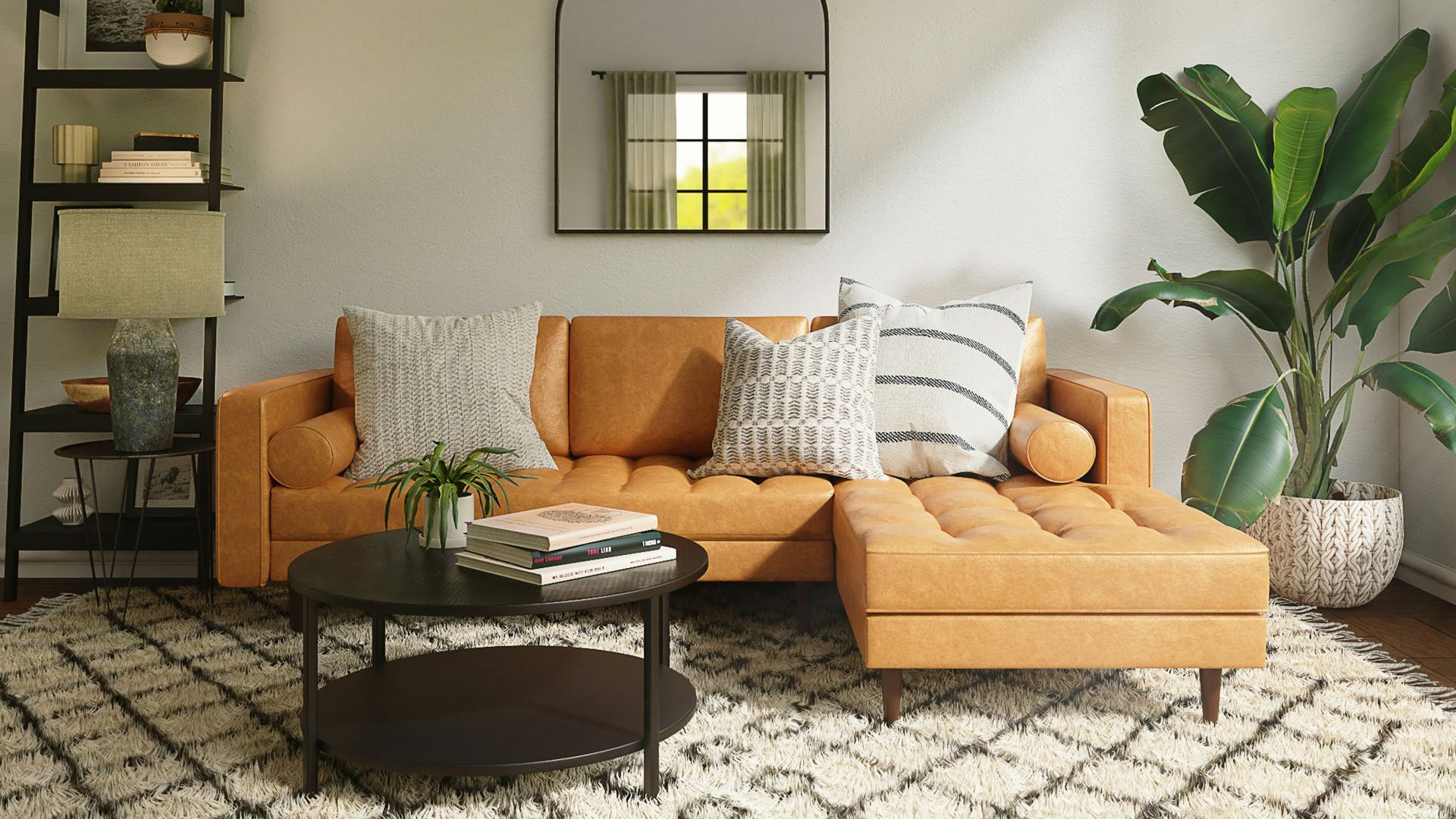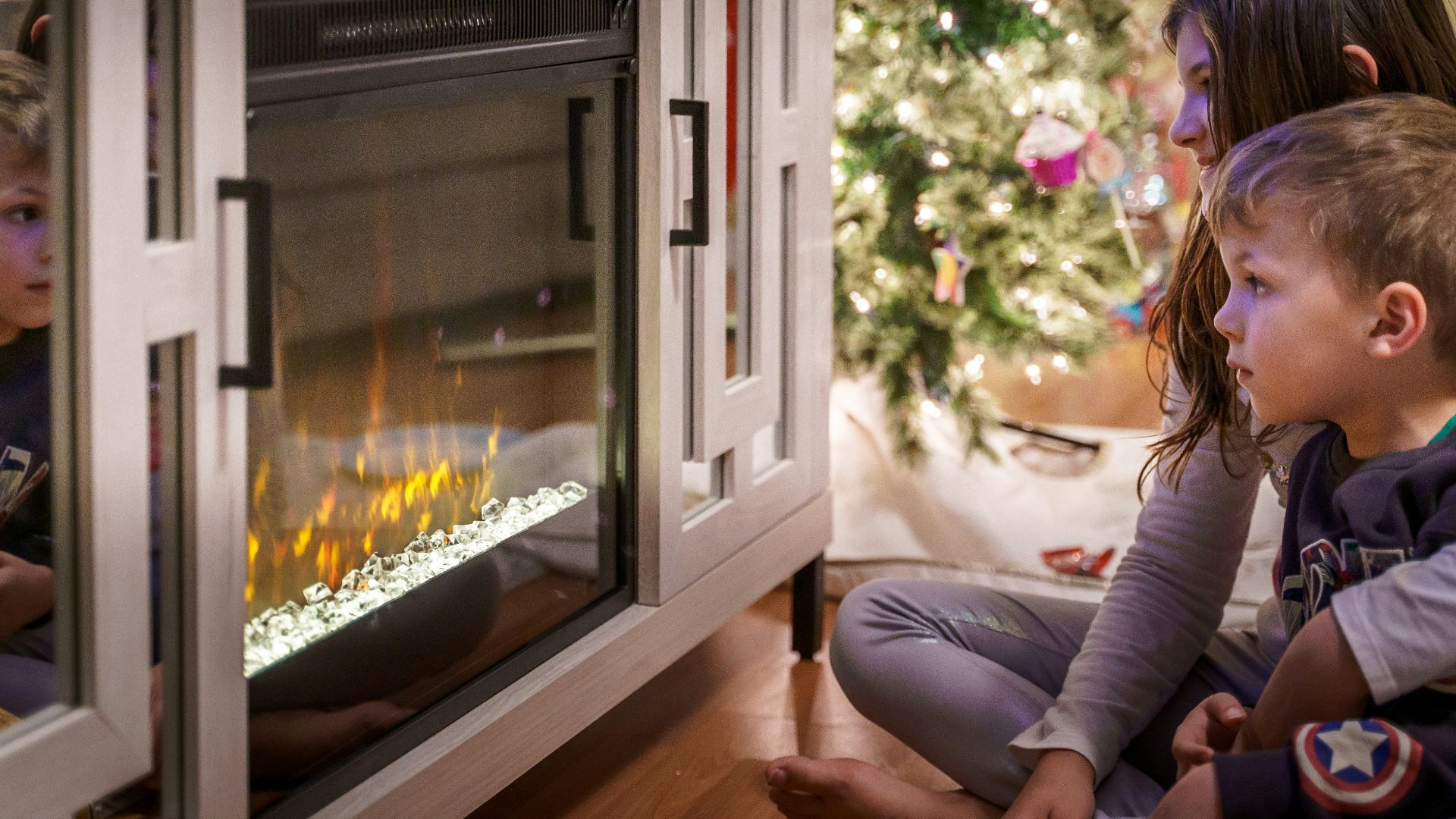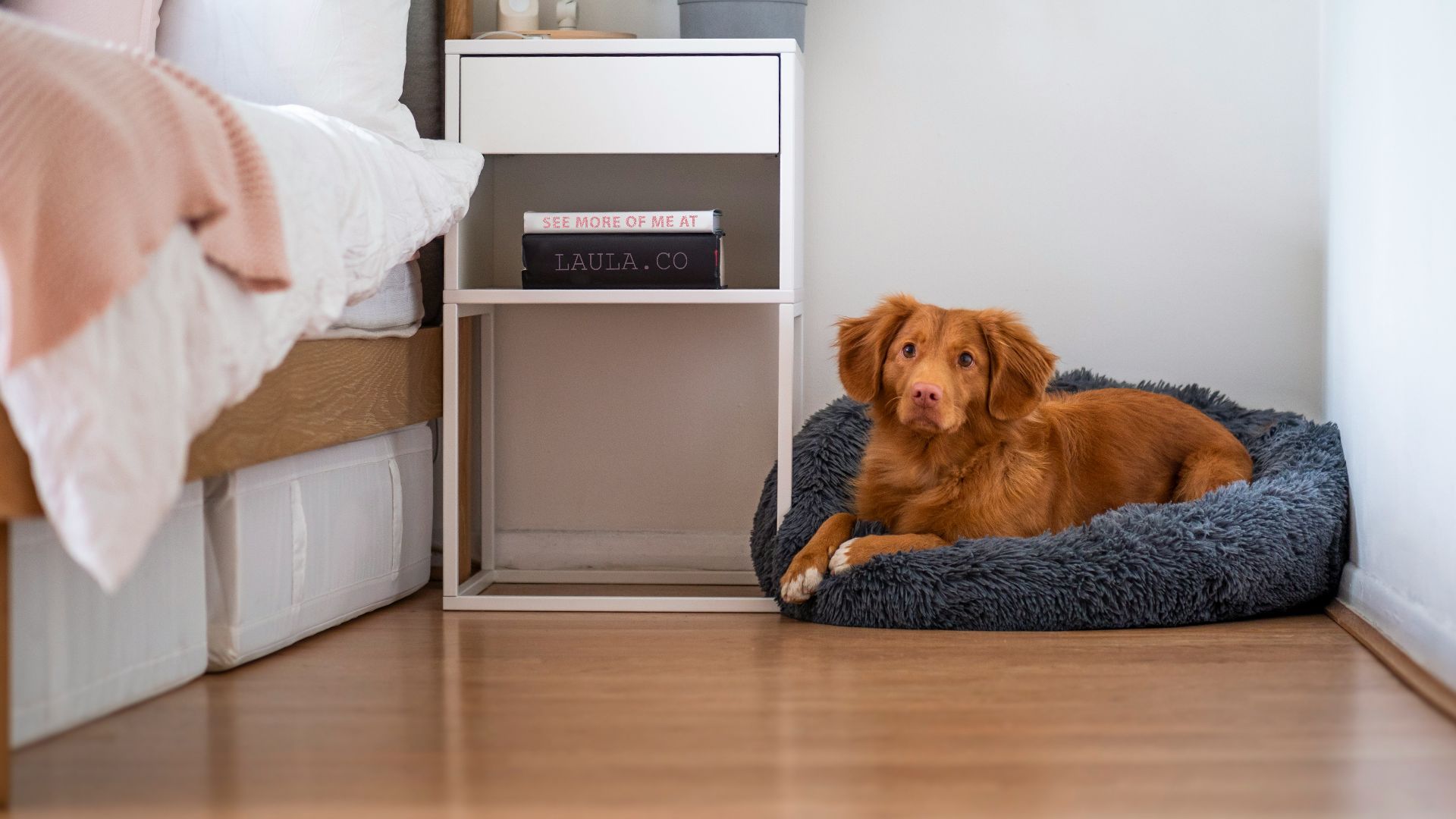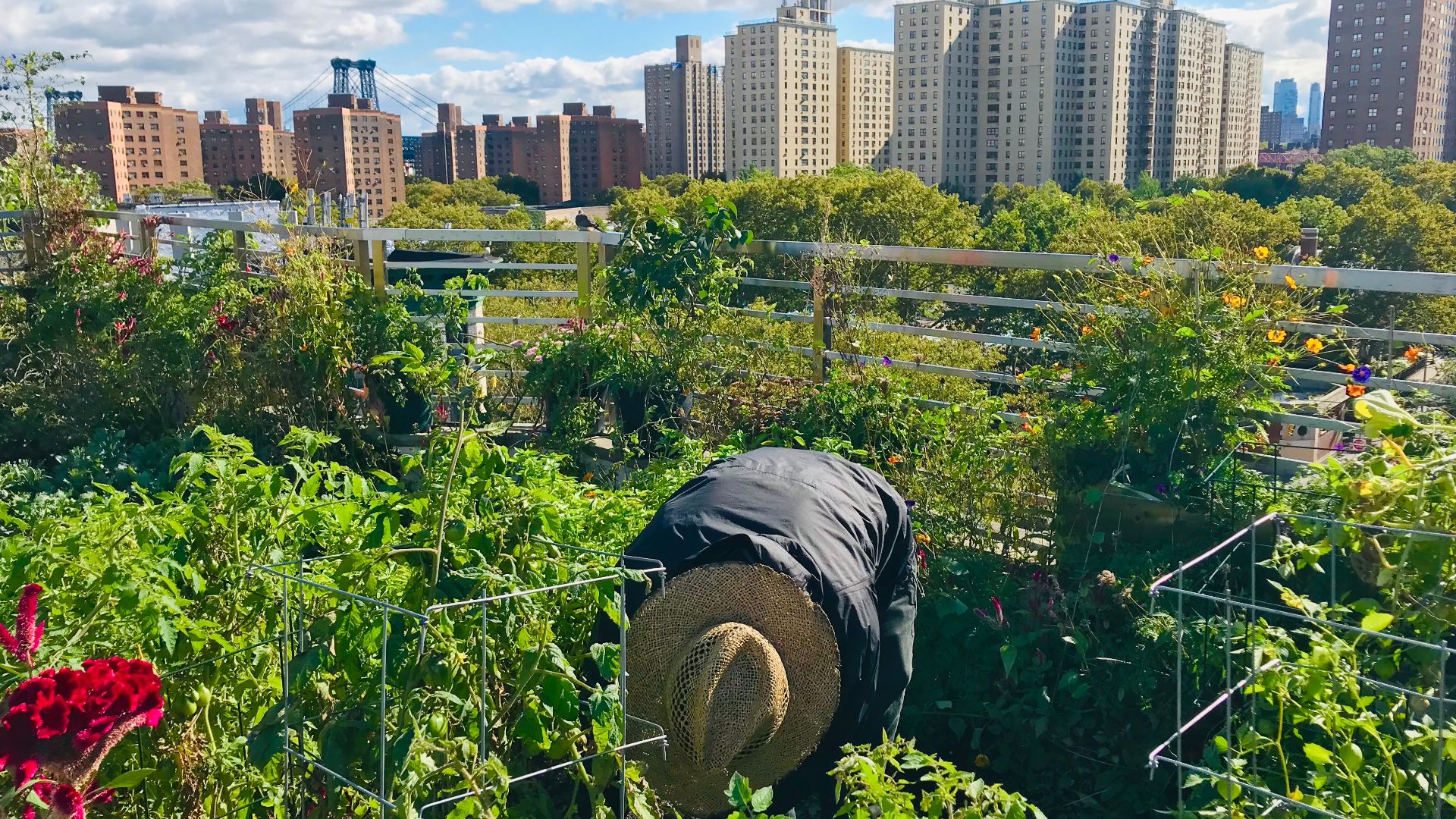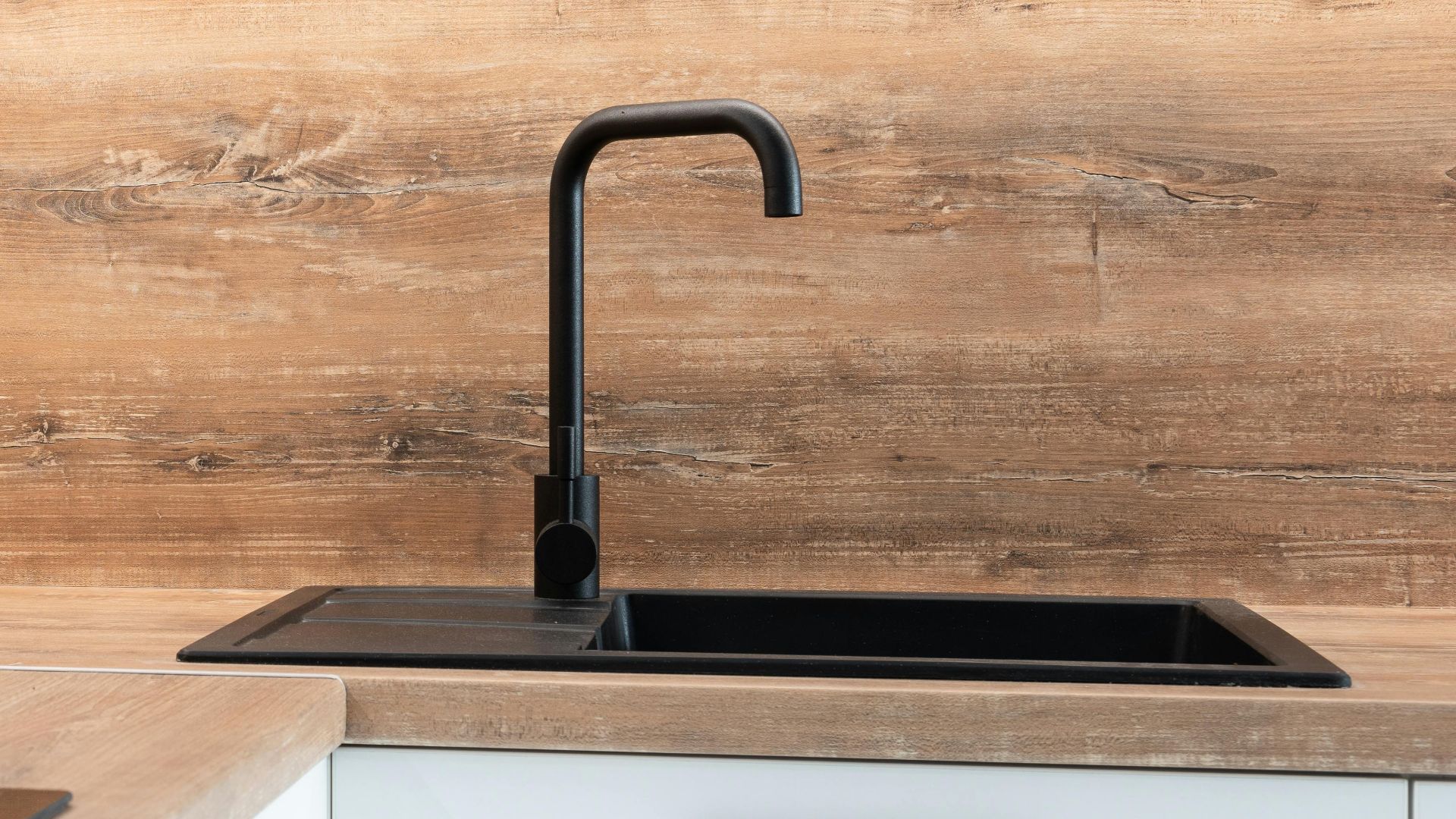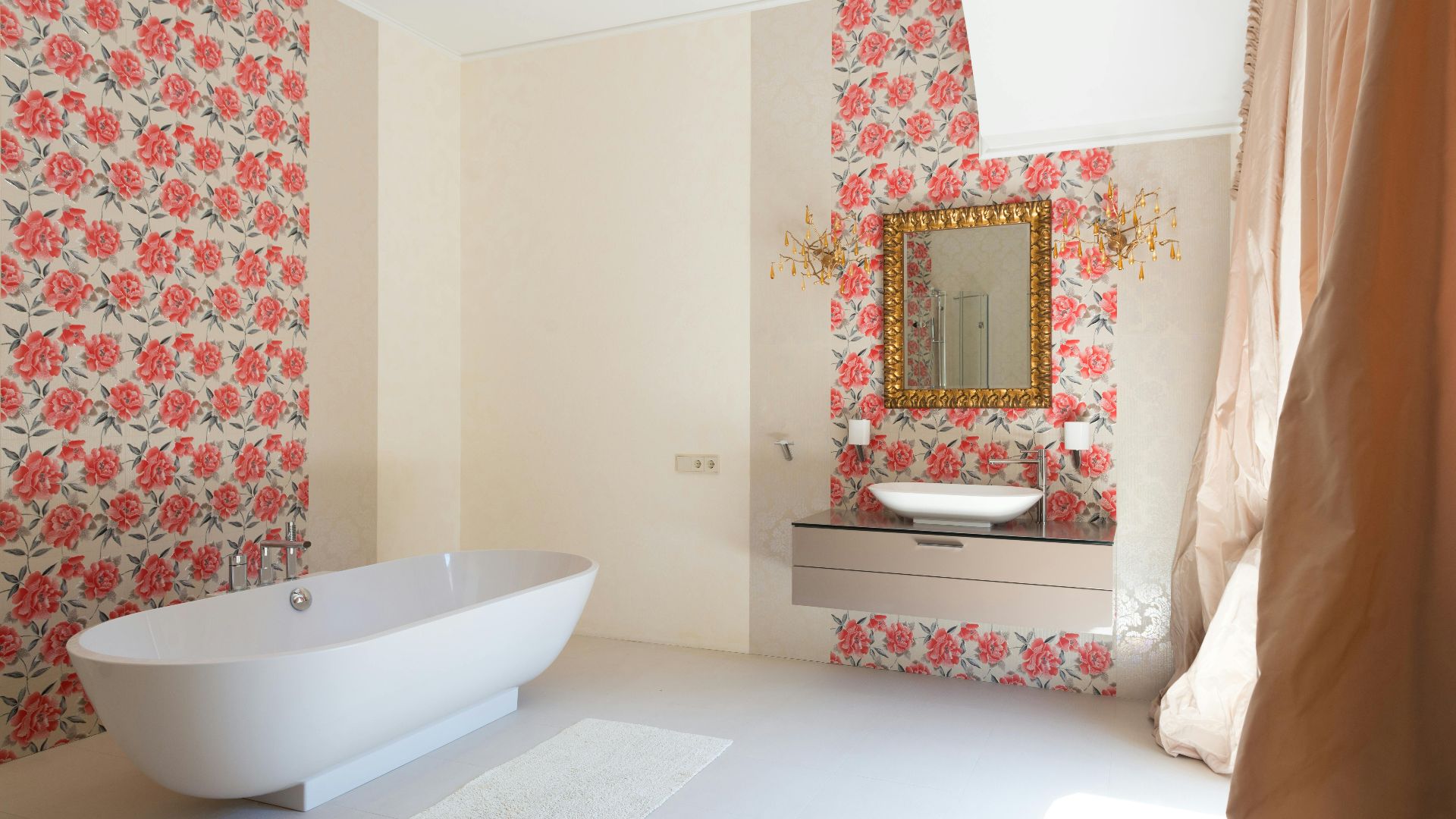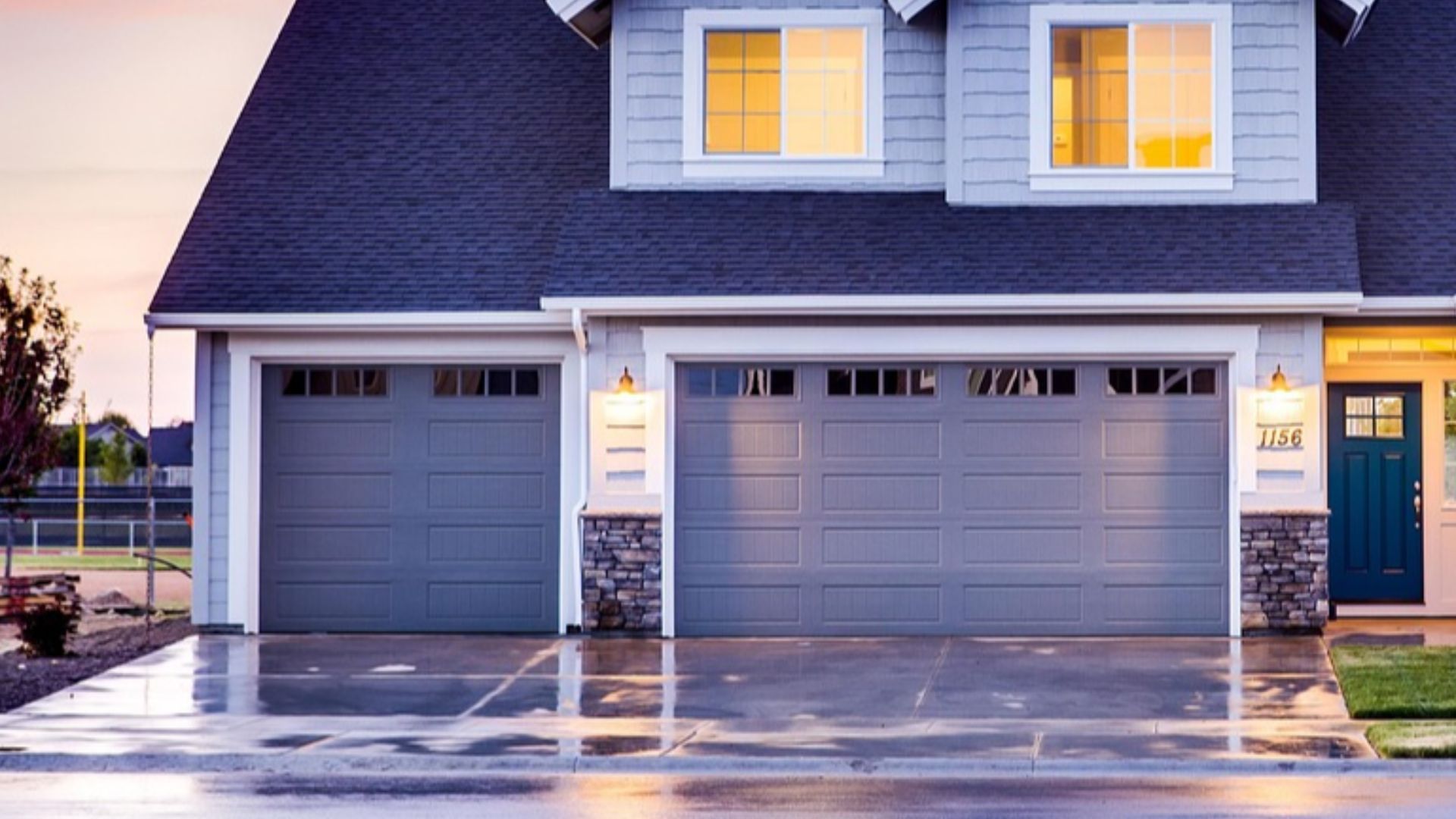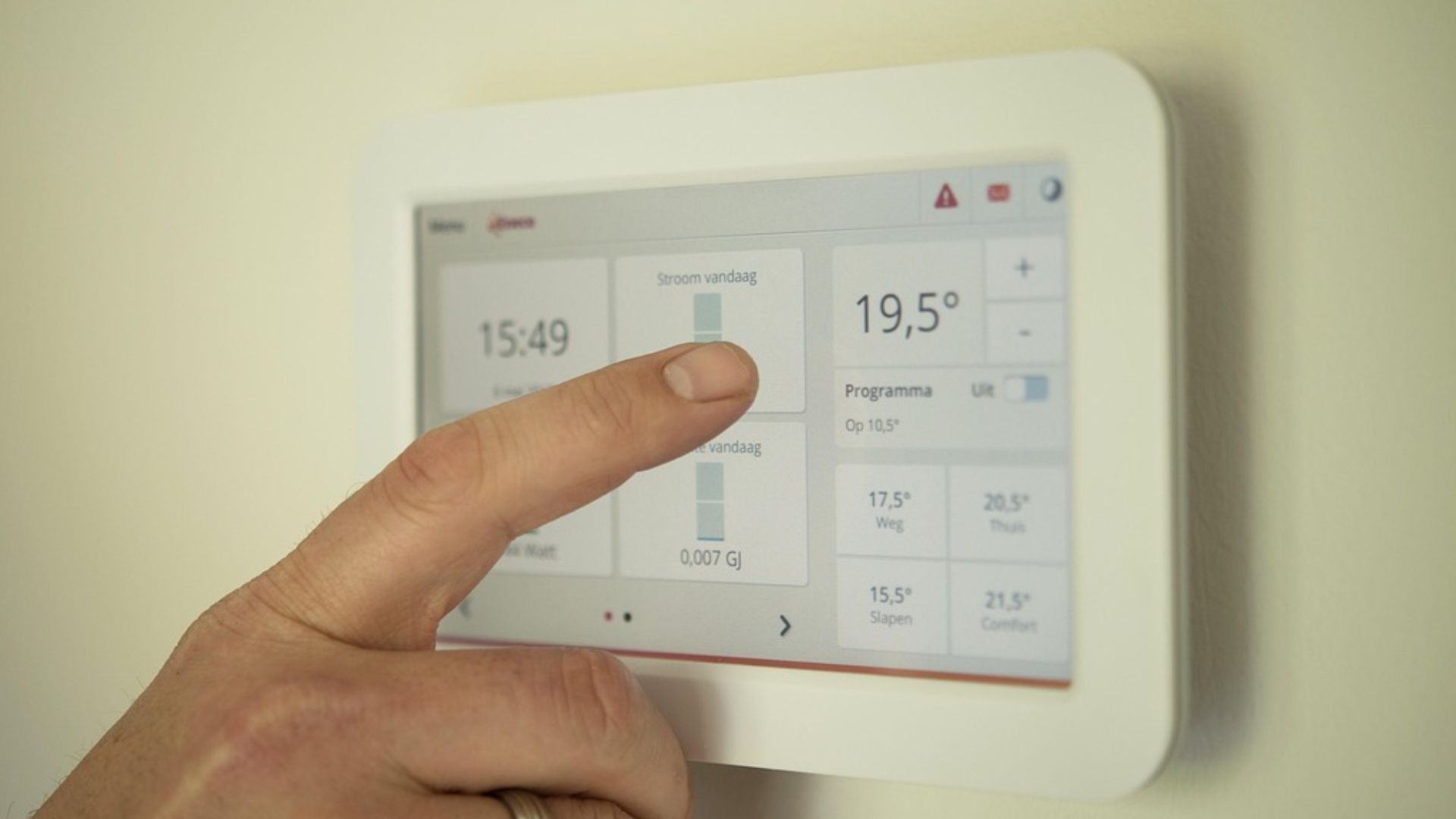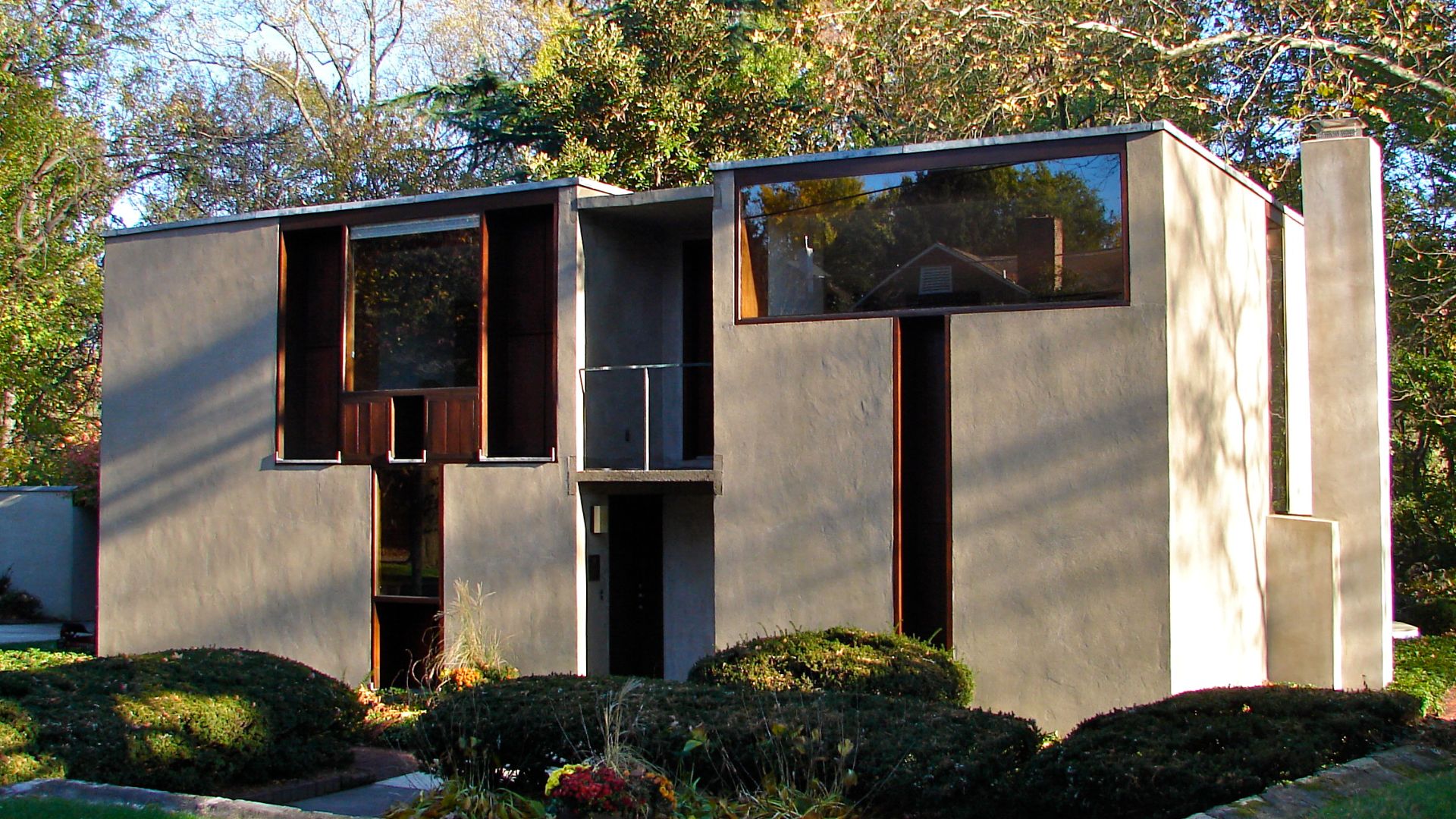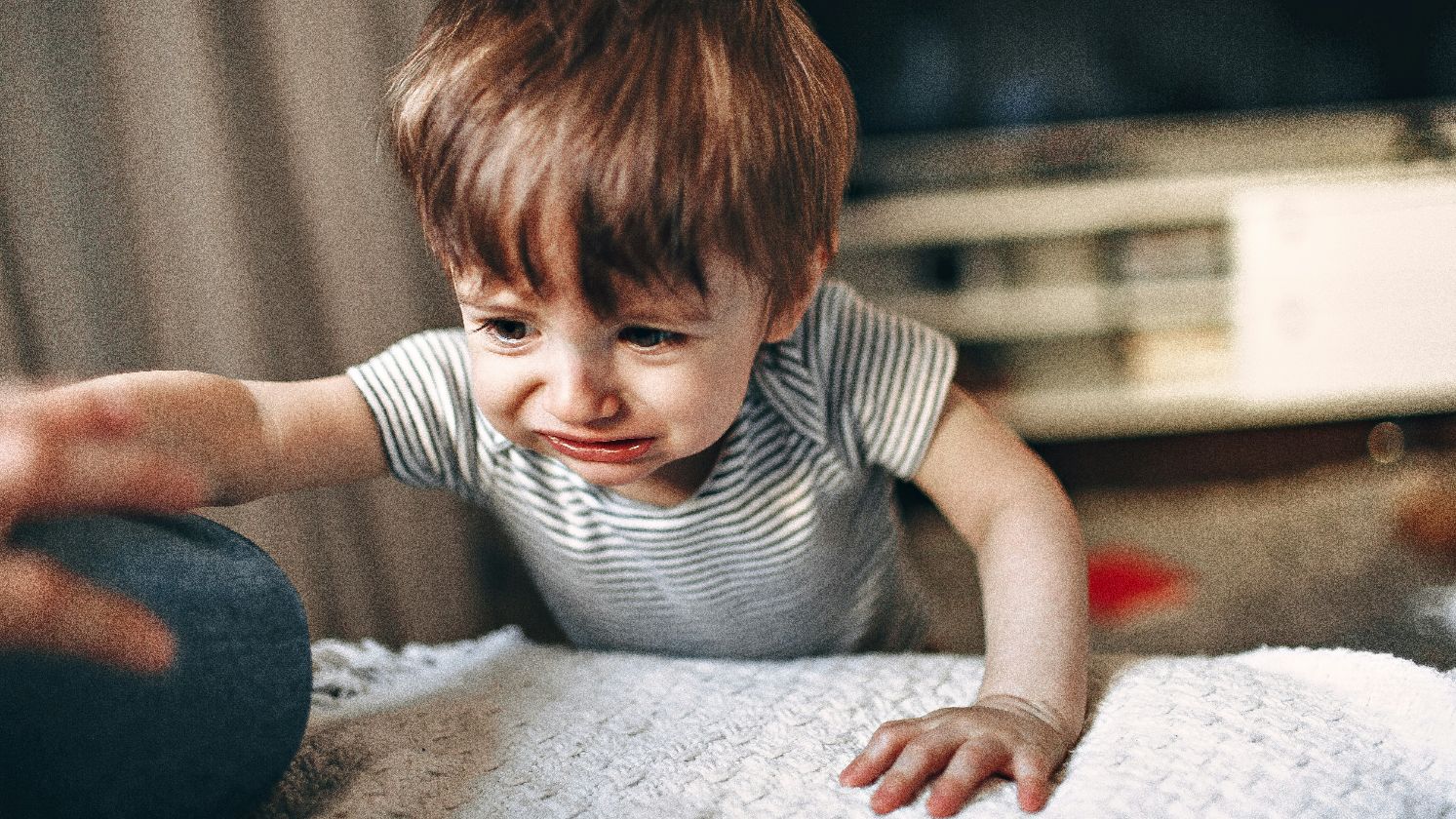When Homes Lose Their Heart
You drive past a new neighborhood, and everything looks the same. Clean lines and neutral colors signal order, though something's missing. These aren't bad homes—they're just strangely hollow. This list walks through what's been lost in the shift to modern architecture, where convenience often wins and character quietly disappears.
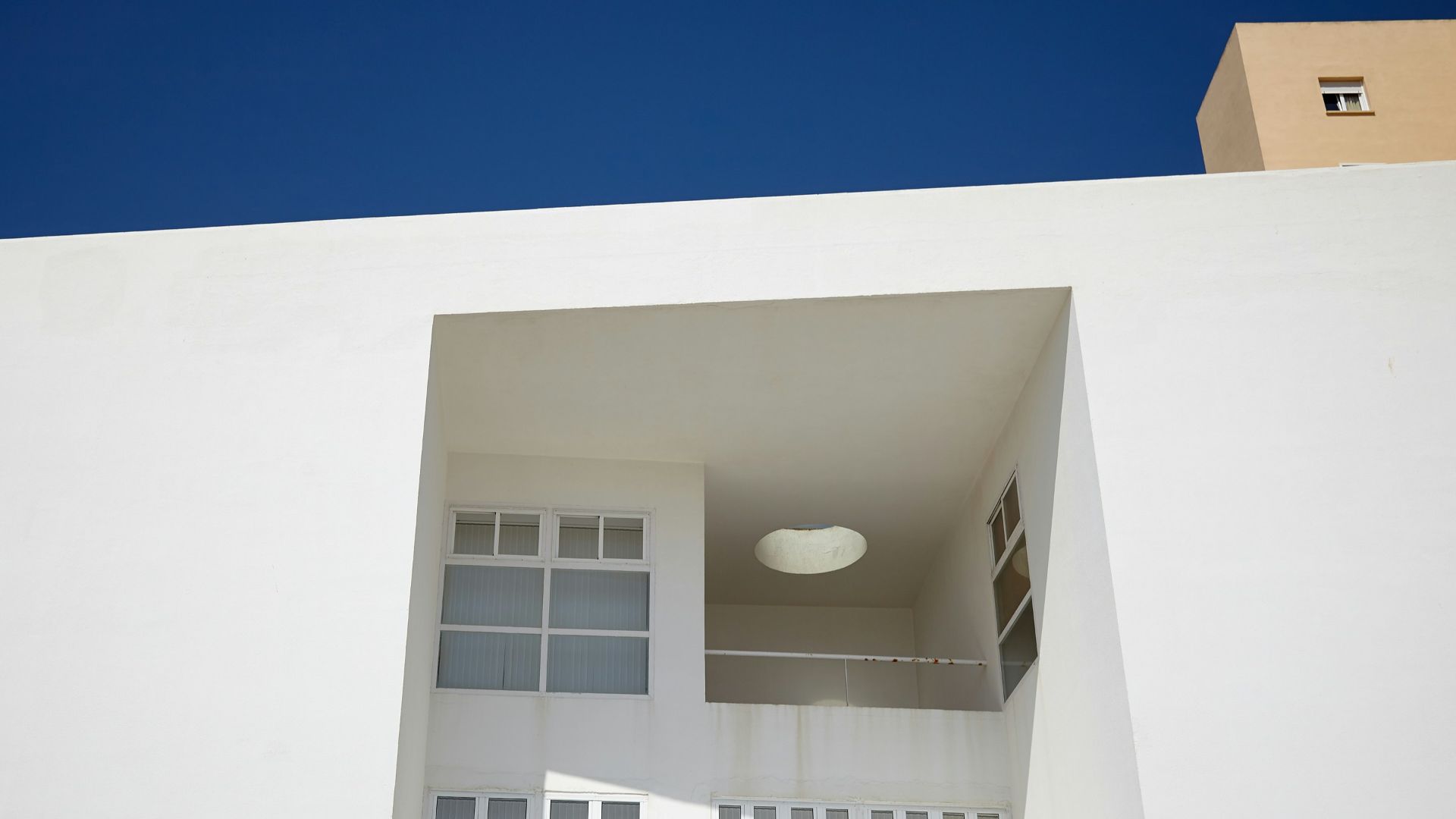 Vidar Nordli-Mathisen on Unsplash
Vidar Nordli-Mathisen on Unsplash
1. Prefabricated Boxes Replace Custom-Built Homes
Many modern homes are constructed using prefabricated modules, which streamline the building process and reduce costs. Yet this uniform approach often means sacrificing distinctive architectural details. What once made homes feel unique and rooted in tradition now feels flat and dragged.
2. Open Floor Plans Eliminate Privacy
Open floor plans give you a sense of spaciousness and modern flow, but they also come at a cost. With fewer walls and barriers in open floor plans, it becomes harder to create designated quiet zones such as reading nooks and home offices. Sometimes, having doors to close is simply more comforting.
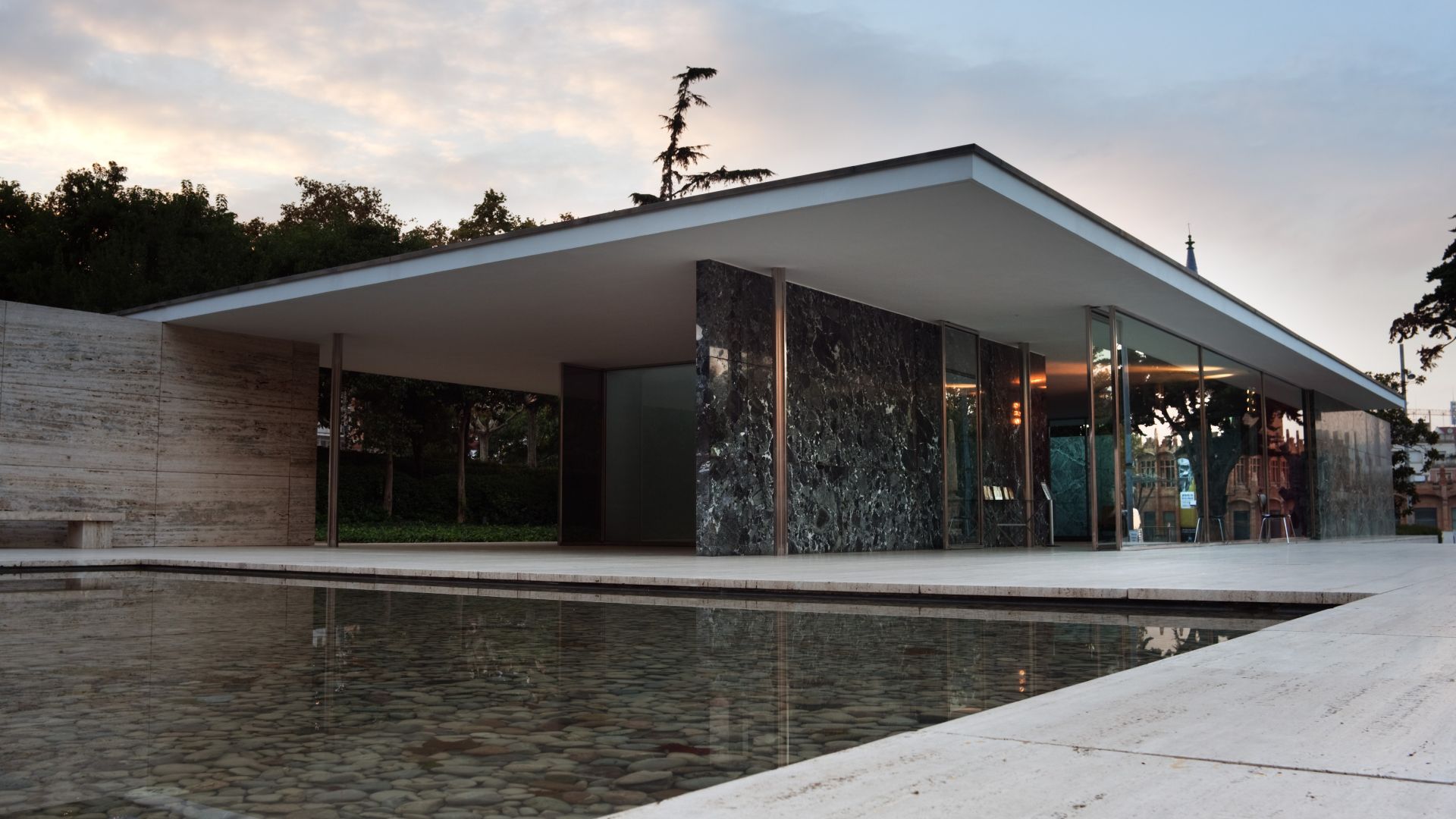 Ashley Pomeroy at English Wikipedia on Wikimedia
Ashley Pomeroy at English Wikipedia on Wikimedia
3. Flat Roofs Fail in Rainy Weather
Favored in minimalist design, flat roofs offer a sleek silhouette. However, the same feature can cause poor drainage in rainy regions and often leads to pooling and leaks. This is especially true when the roof is constructed with materials that aren’t fully waterproof, such as basic asphalt. Proper maintenance requires more effort than many homeowners anticipate.
4. Glass Walls Ignore Energy Efficiency
Glass walls promise breathtaking views and sunlight flooding every corner like you're living inside a sunroom. That brilliance backfires without smart insulation or shading: summers turn into a greenhouse sauna, and winters become a cold, unheated glass box.
5. Neutral Palettes Wash Out Personality
A bit of color or texture can make a space more vibrant and inviting. Yet, soft neutrals like gray, beige, and white dominate many modern interiors. While they provide a clean, calm aesthetic, too much uniformity can feel bland.
6. Asymmetrical Shapes Disrupt Harmony
Creative design often embraces asymmetry to create visual interest. However, when overused or poorly executed, it makes spaces feel unbalanced. Clean lines and thoughtful proportions usually have a more timeless appeal.
7. Exposed Ductwork Ruins The Vibe
Some home designs opt for this and try to channel that industrial loft vibe, but it often just looks unfinished. While it works in trendy cafes, in a cozy living room, it can feel cold and out of place, like someone forgot to install the ceiling.
8. Balconies That Serve No Purpose
Juliet balconies and other decorative ledges may enhance a building's visual appeal from afar, but they offer no usable space up close. Such balconies look charming in photos, though they rarely serve a meaningful function like seating or gardening.
9. Micro Spaces Squeeze Out Comfort
In the race to maximize every inch, many modern homes shrink rooms down to "micro" sizes filled with tiny furniture and oversized décor. These spaces often look great on Instagram but feel cramped and chaotic in real life. Without enough breathing room, what should be a comfortable home ends up feeling more like a cluttered showroom.
10. Industrial Materials Feel Cold and Harsh
Concrete walls, exposed steel, and bare finishes give off a modern, edgy vibe. But when these elements dominate a space, it can feel more like a warehouse than a home. Warmth and softness matter in living spaces.
11. Modular Furniture Dulls Craftsmanship
You assemble your flat-pack table with an Allen key and move on. Convenient? Absolutely. However, years of character, craftsmanship, and stories vanish in the process. Rooms filled with modular furniture risk becoming just another showroom, sterile and forgettable.
12. Electric Fireplaces Offer No Warmth
Ambiance takes a hit the moment electric fireplaces replace real flames. Without the crackle of wood or the warmth of real heat, they feel more like props than comforting focal points. Cuddling up with a book and a mug of coffee just doesn't feel the same in front of a screen.
13. Plastic Panels Replace Natural Wood
Plastic or laminate surfaces are chosen for their affordability and easy upkeep. However, they often fail to replicate the rich texture and aging character of real wood. Over time, the difference becomes even more apparent.
14. Rooftop Gardens Are Rarely Maintained
The charm of a rooftop garden fades fast when upkeep lags behind. A few months of neglect can turn lush foliage into dried leaves and overgrowth. The vision remains lovely – only if time and care are part of the plan.
15. Black Faucets and Fixtures Stain Easily
They're sleek and modern until real life catches up. Matte black fixtures look great on social media, but water spots, fingerprints, and soap residue show up fast. Unless you're ready to clean them often, their sharp look doesn't last long.
16. Minimalist Kitchens Reduce Functionality
Hiding handles and appliances in the kitchen is the new trend. The downside only becomes obvious when you're elbow-deep in flour and trying to summon a drawer like it's a ghost. In the end, what looks clean on the outside often makes the everyday experience feel needlessly frustrating.
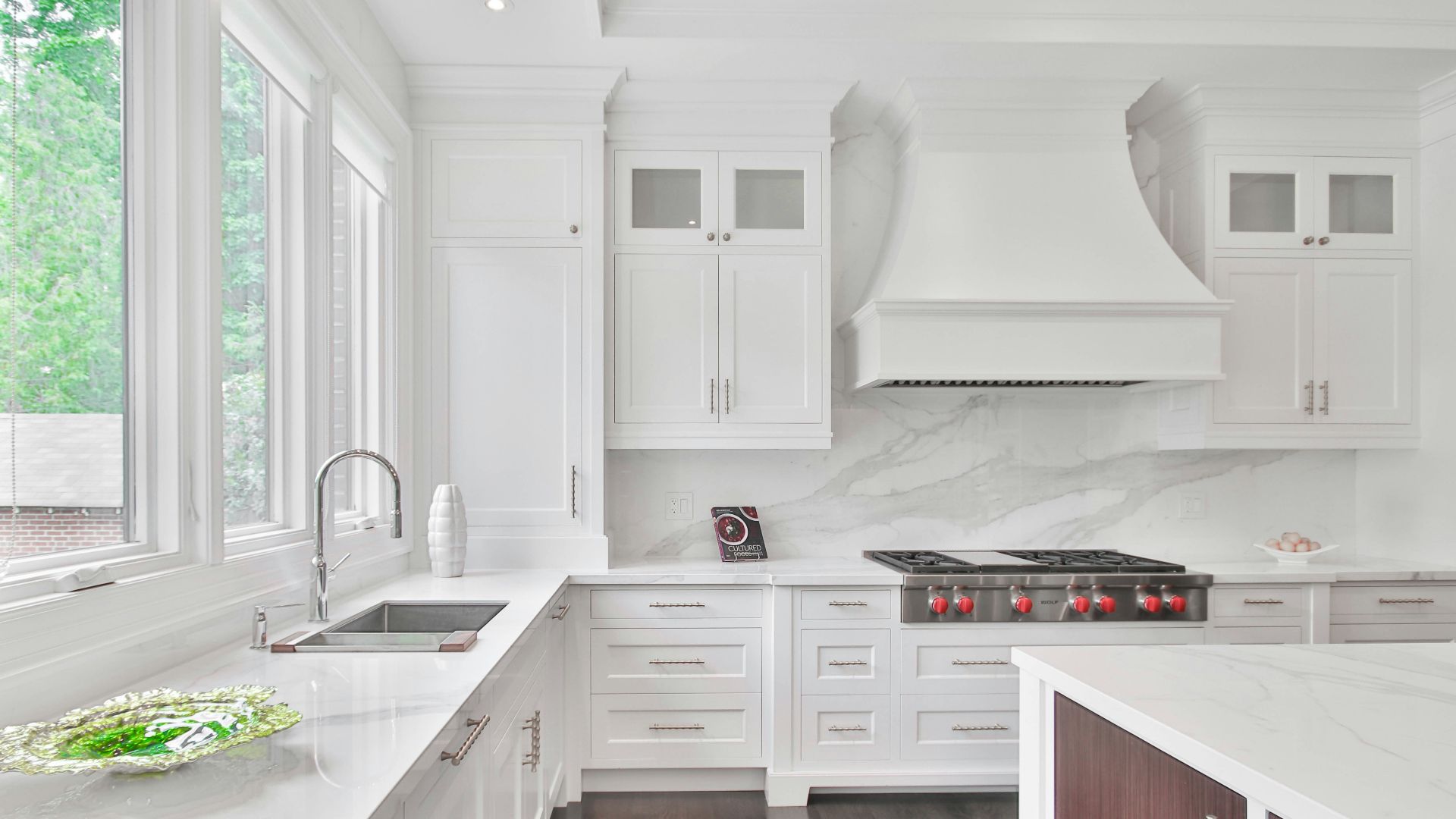 Lotus Design N Print on Unsplash
Lotus Design N Print on Unsplash
17. Feature Walls Become Instant Fads
A splash of bold color or statement wallpaper can be exciting at first, especially when looking at the number of options we have today. So, it's easy to forget that what feels fresh now can look dated tomorrow, leaving homeowners wanting to repaint or redo their design too often.
18. Concrete Driveways Crack Too Soon
Concrete driveways can deteriorate faster than expected. Of course, this depends on installation quality, but cracks, stains, and weather wear still add up. This makes the home's first impression less than appealing, and it’s not exactly the impression most homeowners are going for.
19. Smart Home Devices Age Too Quickly
These smart devices often become obsolete before you've learned all their features. Your "state-of-the-art" thermostat is now begging for updates, and convenience quickly turns into another tech headache.
20. Blank Facades Feel Uninviting
Many modern homes have large, uninterrupted walls with minimal windows. While intended to look sleek, these exteriors often feel cold and fortress-like. Lacking texture or greenery, they come across as uninviting and disconnected from the surrounding neighborhood’s warmth and character.


